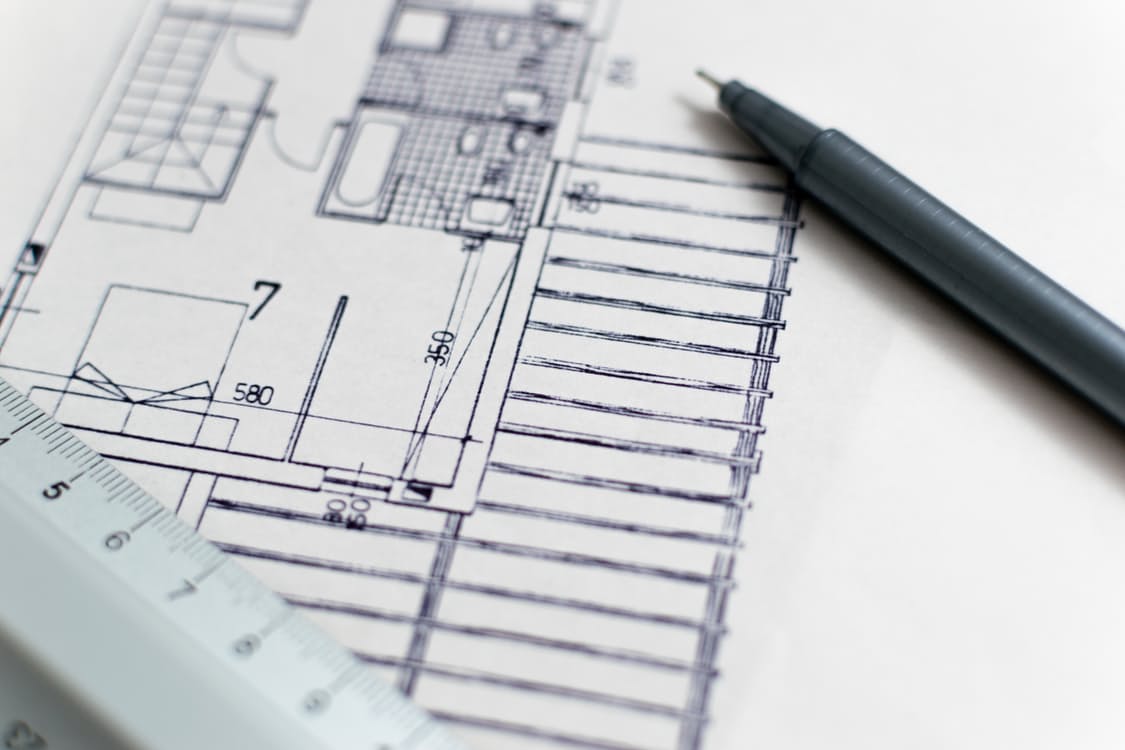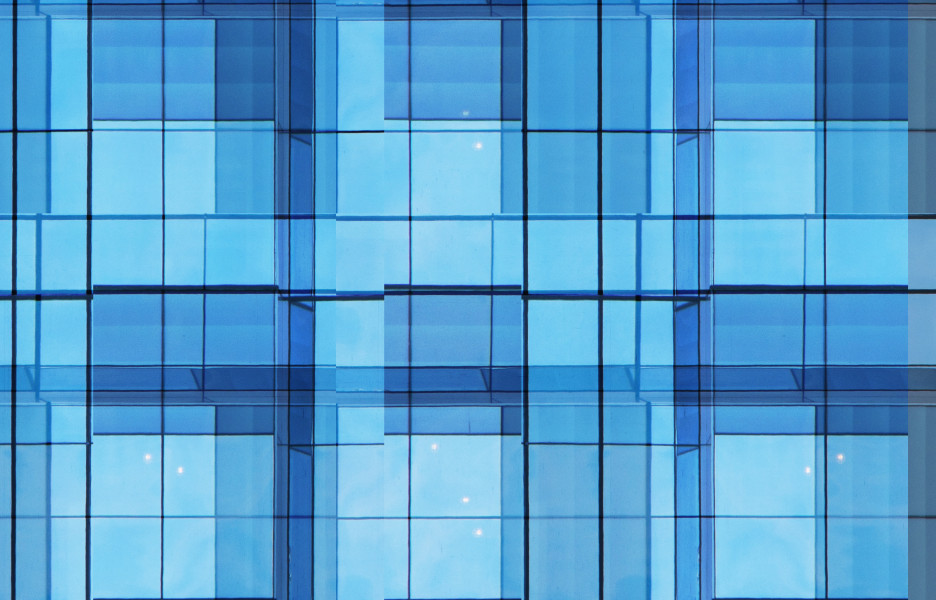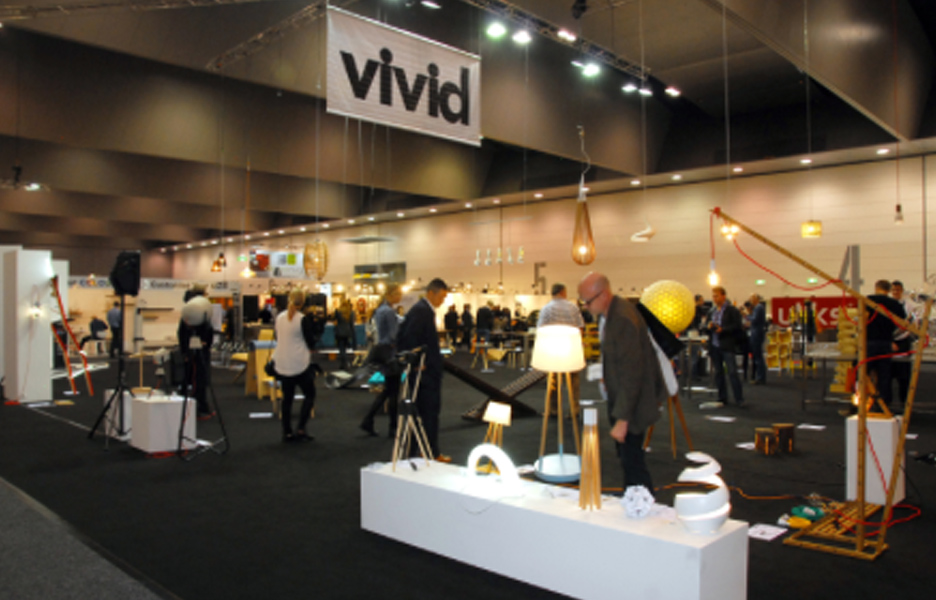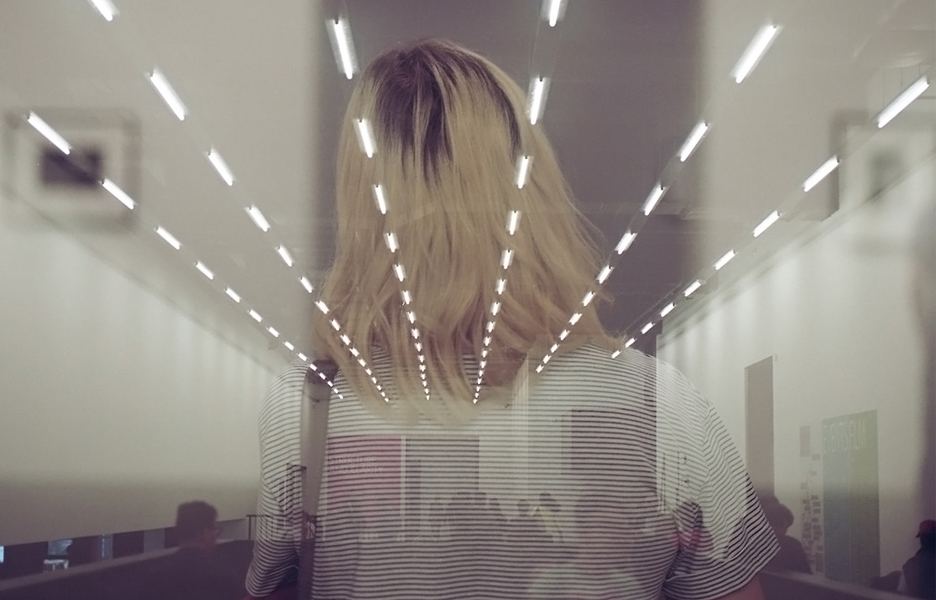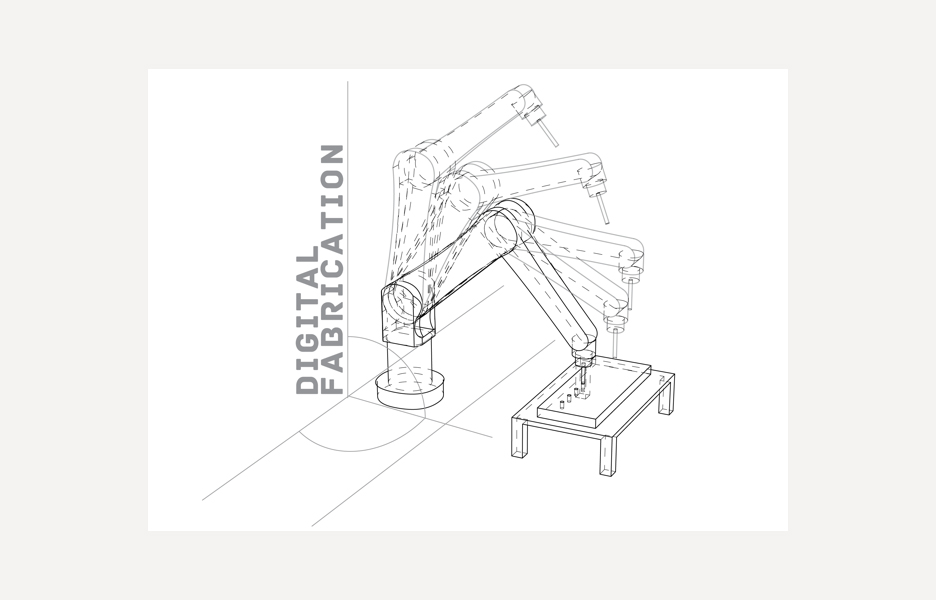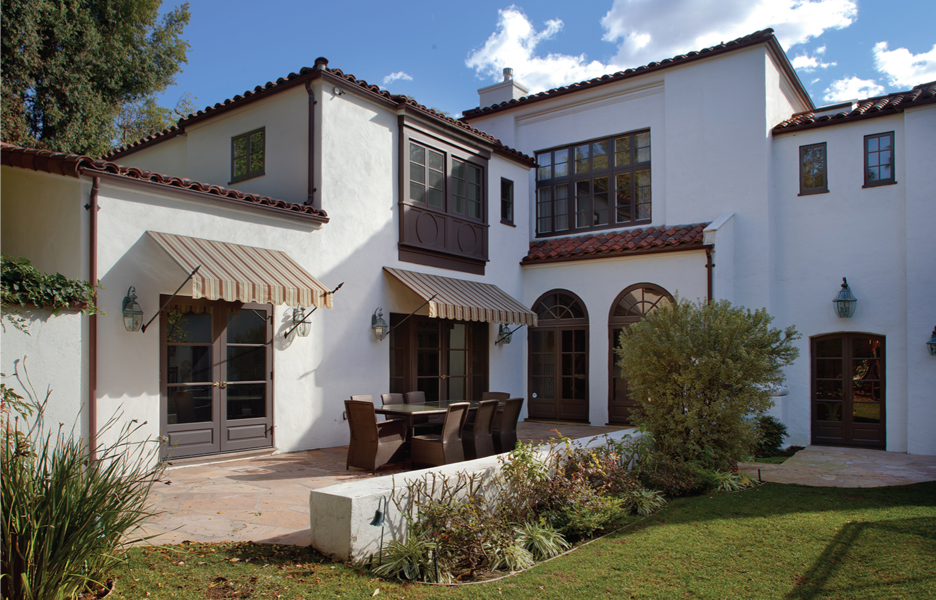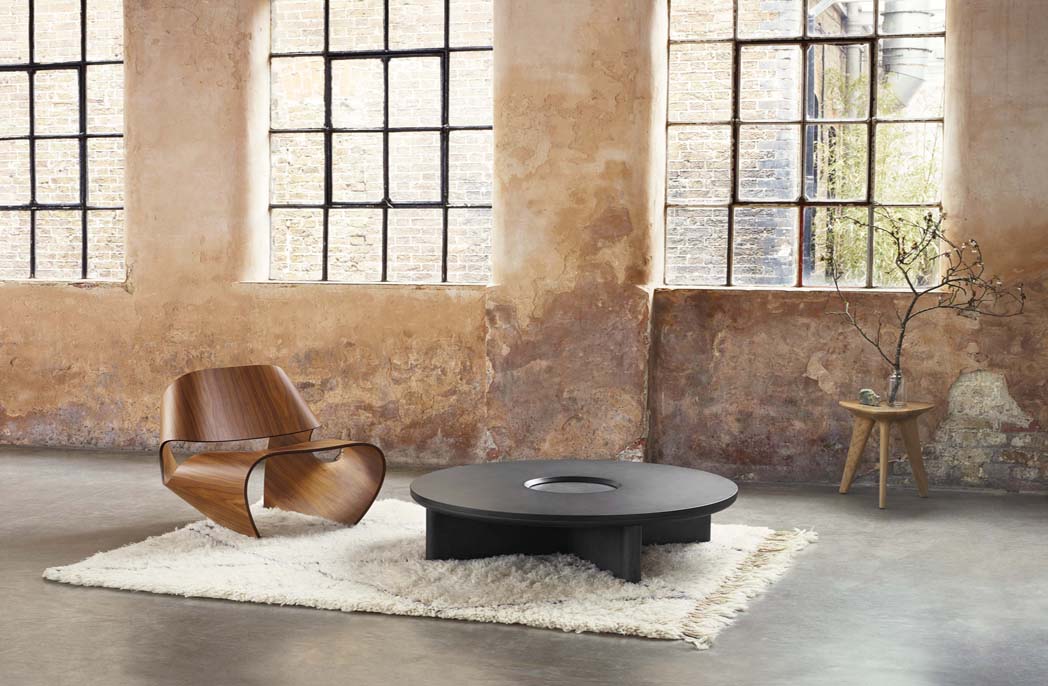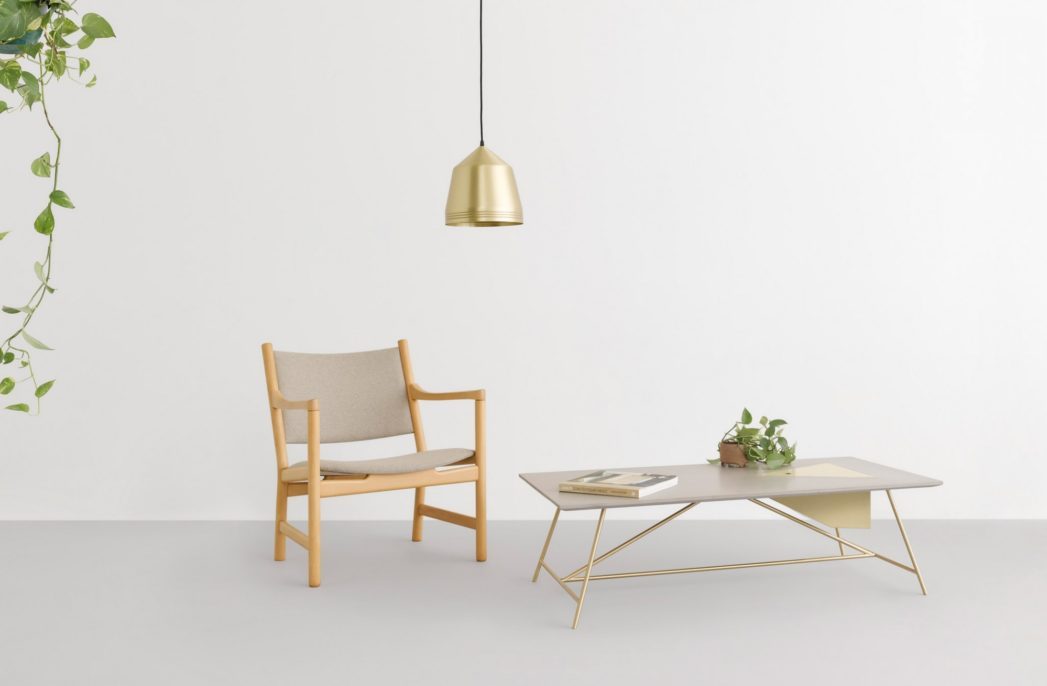
Krost presents The Future of Workplace Wellness IDEA Gold medal panel
Krost presents The Future of Workplace Wellness IDEA Gold medal panel
Share
Krost Furniture sponsors of the IDEA Gold medal presented the IDEA Gold medal panel event investigating ‘Designing for Workplace Wellness’.
Moderated by ADR’s editorial director Emily Rayner, and held at Krost’s West Melbourne showroom, the event exemplified Krost’s commitment to cultivating creativity and fostering innovation in the architecture and design community.
Panellists included IDEA Gold medal winner and chair of Hassell, Rob Backhouse, Woods Bagot senior associate and IDEA jury member Sue Fenton, 30UNDER30 alumni and PTID senior interior designer Emily Carter and Krost’s design manager, Carly Krost.
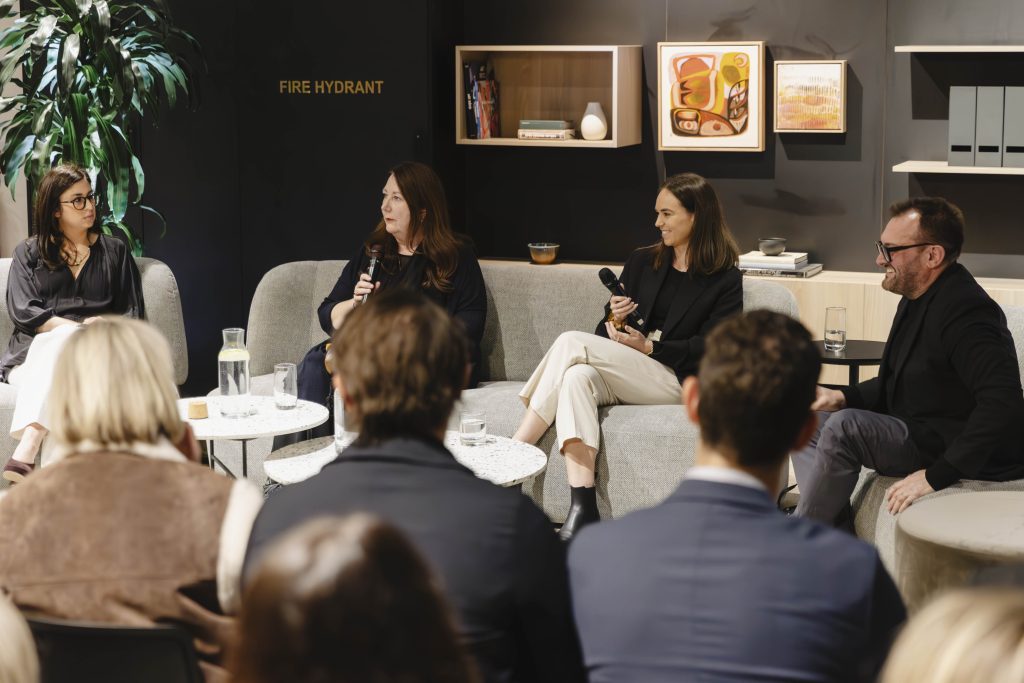
Guests were treated to champagne, a delicious charcuterie board and a beautiful Italian gourmet self-serve table which included an impressive wheel of cheese from which the chef made bespoke mini–bowls of fettuccini Parmigiano-Reggiano before experiencing a showroom tour of Krosts Melbourne flagship store.
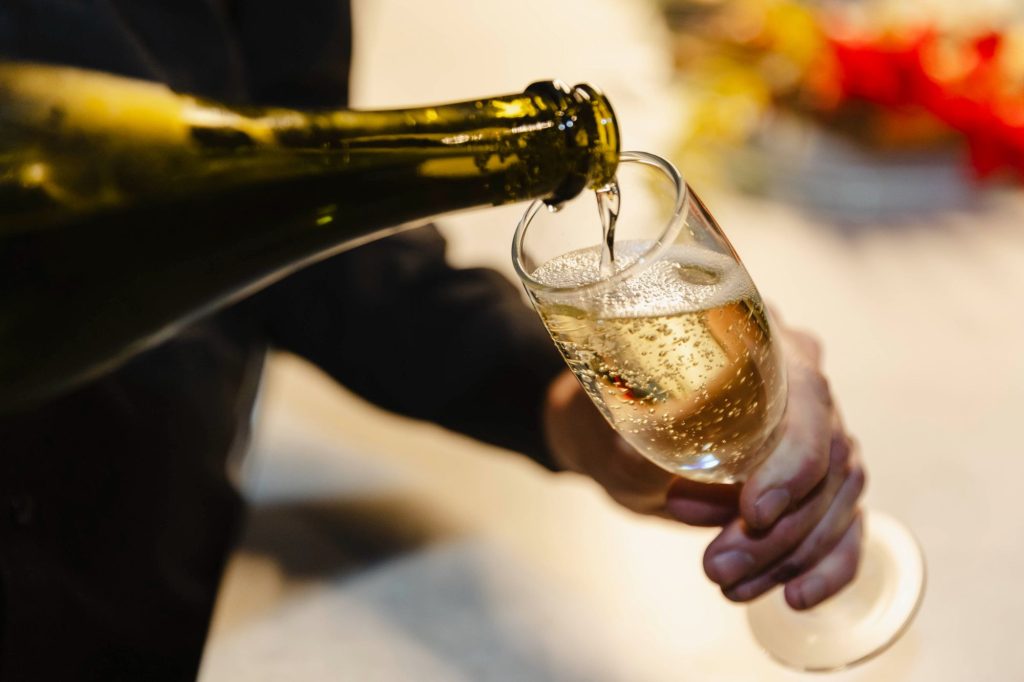
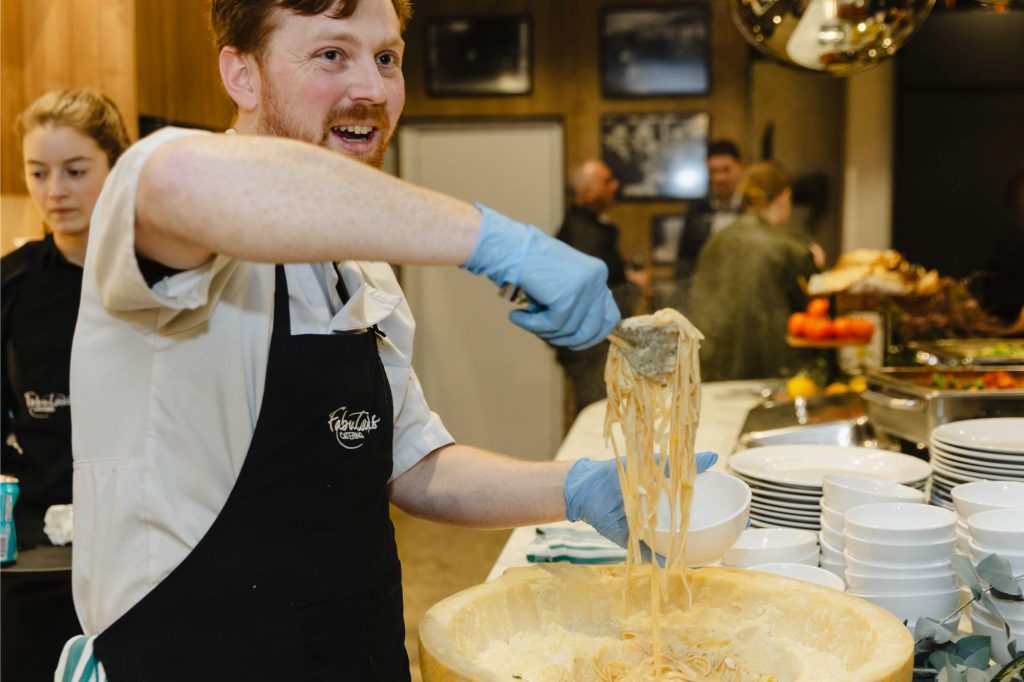
The conversation between the panellists focused predominantly on the lessons of the past, the opportunity in the present, as well as forecasting how architects and designers can shape the future of the working environment.
There is no denying that in 2020 the world changed, and with it so did the workplace environment.
For many, the workplace was the bedroom, the kitchen, or anywhere that could fit a laptop. Employees either loved working from home or couldn’t wait to get back into the office.
A recent opinion poll conducted by the University of Sydney’s Institute of Transport and Logistics Studies, states that the average working Australian is spending 27% of their working hours at home, calculated across full and part-time employees.
The big question of the night was, what is the responsibility of the Architecture and Design community to create spaces that will entice people to return to the office?
How much of that is about design? Are we designing for the future? Are we innovating spaces that will inspire workers to spend time in the workplace? What conversations can designers and architects have with their clients to change the ‘grey cubicle with a desk’ approach?
The one evident theme across the evening was that we can no longer go back to a pre-covid existence when it comes to the workplace.
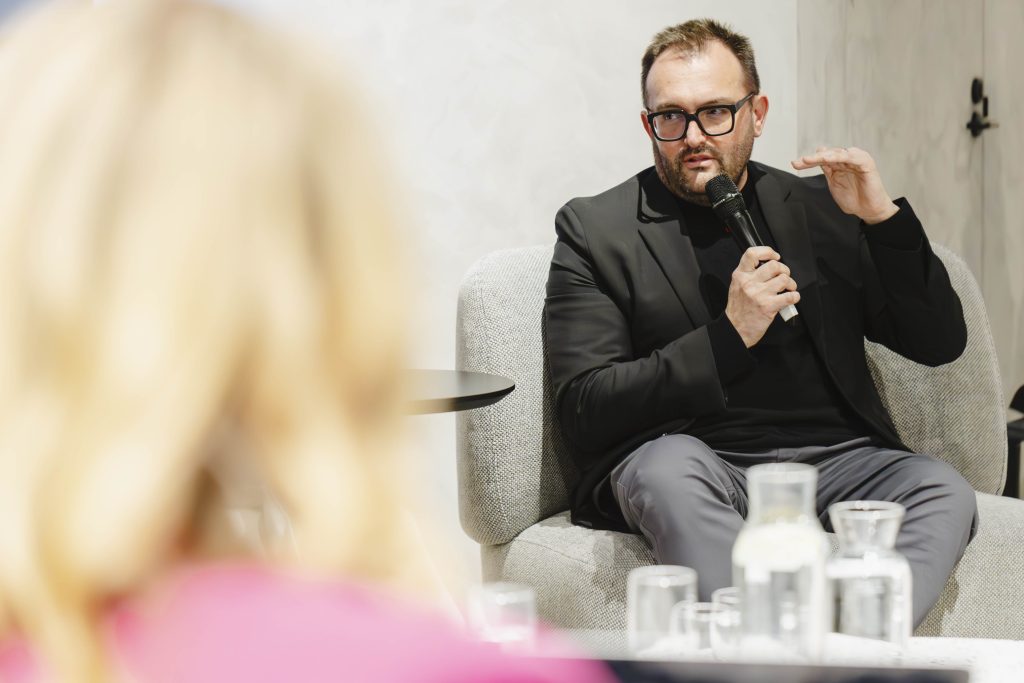
“Build it and they will come, no longer works. It’s about wellness at work, and people wanting to be at work. Humans still want to be with humans, design can’t save all the issues, but we can certainly play a significant part in it, if organisations look at what people want, and the social dimension is the key to it”
Hassell Chair and idea gold medal recipient: Rob Backhouse
“Ideas have gone beyond designing a beautiful reception area, followed by desks, and at best a ‘green wellness room’.”
The panel agreed that the key is to listen and understand the needs of those in the workspace and incorporate those needs into the design.
PTID Senior Interior Designer Emily Carter said: “We all have different needs and abilities and interpret workspaces. There are three key pillars to universal design – accessibility, mental wellbeing, neurodiversity, and lifestyle as well.”
Neurodiverse thinkers represent 20% of the workforce where characteristics include feeling either over or under-stimulated by workforce factors that relate to their senses.
“Key design elements such as acoustics are really important, especially in open-plan office environments. A diverse range of auditory settings is equally as important as social spaces. When you think about senses, it relates directly to how we feel, and when people are feeling good, they are going to do good work.”
PTID Senior Interior Designer: Emily Carter
Carly Krost agreed: “I firmly believe in designing office furniture that fosters wellness in the workplace. It goes beyond merely aiming for good quality output; it’s about creating an environment where employees can genuinely thrive. Our mission is to empower individuals to feel their best while doing their best work. We understand that a well-designed office can influence how employees feel each day, inspiring them to say, ‘Hey, I actually feel great today.’ By providing the finest fit-outs for offices, we enable people to reach their full potential and contribute to a healthier, more productive work culture.”
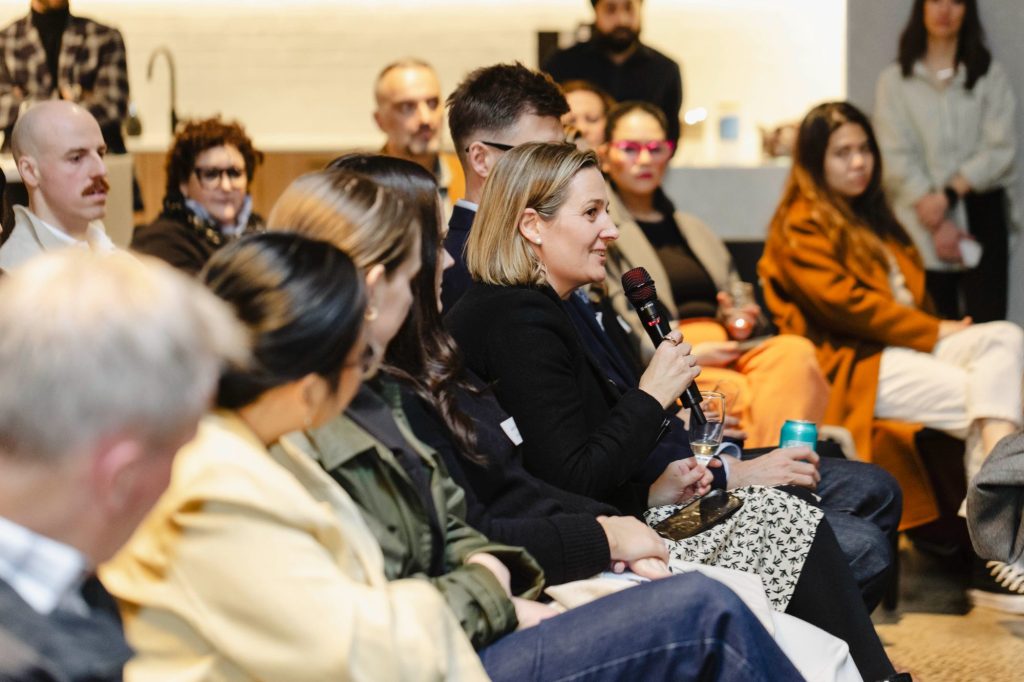
Fenton added: “It’s safe to say there isn’t one single answer, just like there isn’t one single workplace that will fit the same mould for everyone, which is why each approach needs to take into account the specific workplace in mind – from an office to a university, a showroom and all the workspaces in between.”
Collectively the panel sees responsibility and opportunity to create a new standard of design that will change the future of a workspace. Taking into consideration needs around flexibility, light and sounds, a fixed desk versus hot desking and creating an environment that is a space of community, not simply a space we clock in and clock out of.
Approaches are changing when it comes to environmental and social sustainability, Indigenous input on country, and wellbeing, working together to co-create spaces today that will contribute to a better tomorrow.
“The new generation is leaning in and owning their workplace.”
Woods Bagot senior associate and IDEA jury member: Sue Fenton
Fenton reflected on the concept of co-creation of working spaces.
“Part of the work we are currently doing at the moment and that I am involved with is listening to First Nations, and it’s really taught me around this idea of allowing the staff to co-create.”
“The space is really secondary, which is weird coming from an interior designer, but the leadership, listening to the culture of people, being able to facilitate that and create those places that allow people to come together and feel like they’ve got a purpose and belonging – what we’re hearing from the next generation around meaningful engagement, which leads to the conversation around sustainability, we can now build for the future.”
And what does the future hold?
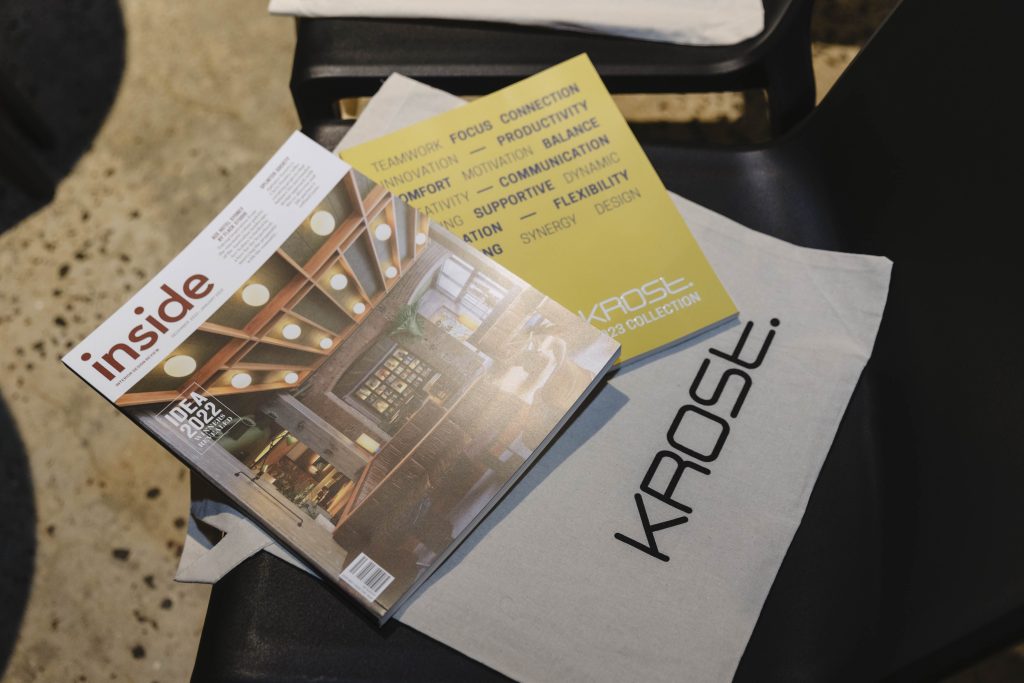
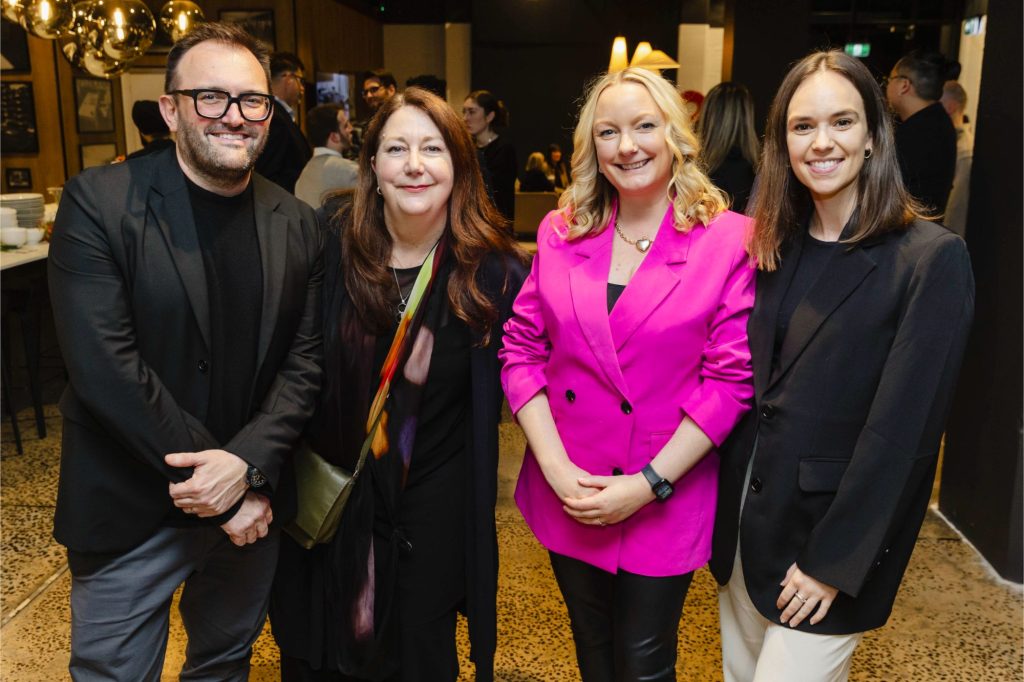
“We’re starting to think in a different way, bringing in expertise outside of design and understanding that this is a bigger shift, not just the physical. The idea of bringing in lots of different disciplines and going through a rigorous thinking process before putting pen to paper has become far more prevalent, putting country first, and beginning to repair,” said Fenton.
Carter added: “User testing will give us the answers that we are discussing now, to get in touch with the end users who are using the space.”
While each of the panellists brings their own experience and perspective to workplace wellness, what is truly undeniable is their passion and purpose in creating environments that will inspire and set a new golden standard when it comes to the workplace.
Read about how Krost has changed the face of office furniture
Read about Krost’s Buzz Collection delivering eco friendly office solutions
You Might also Like





